
GIVE THIS RAMADAN
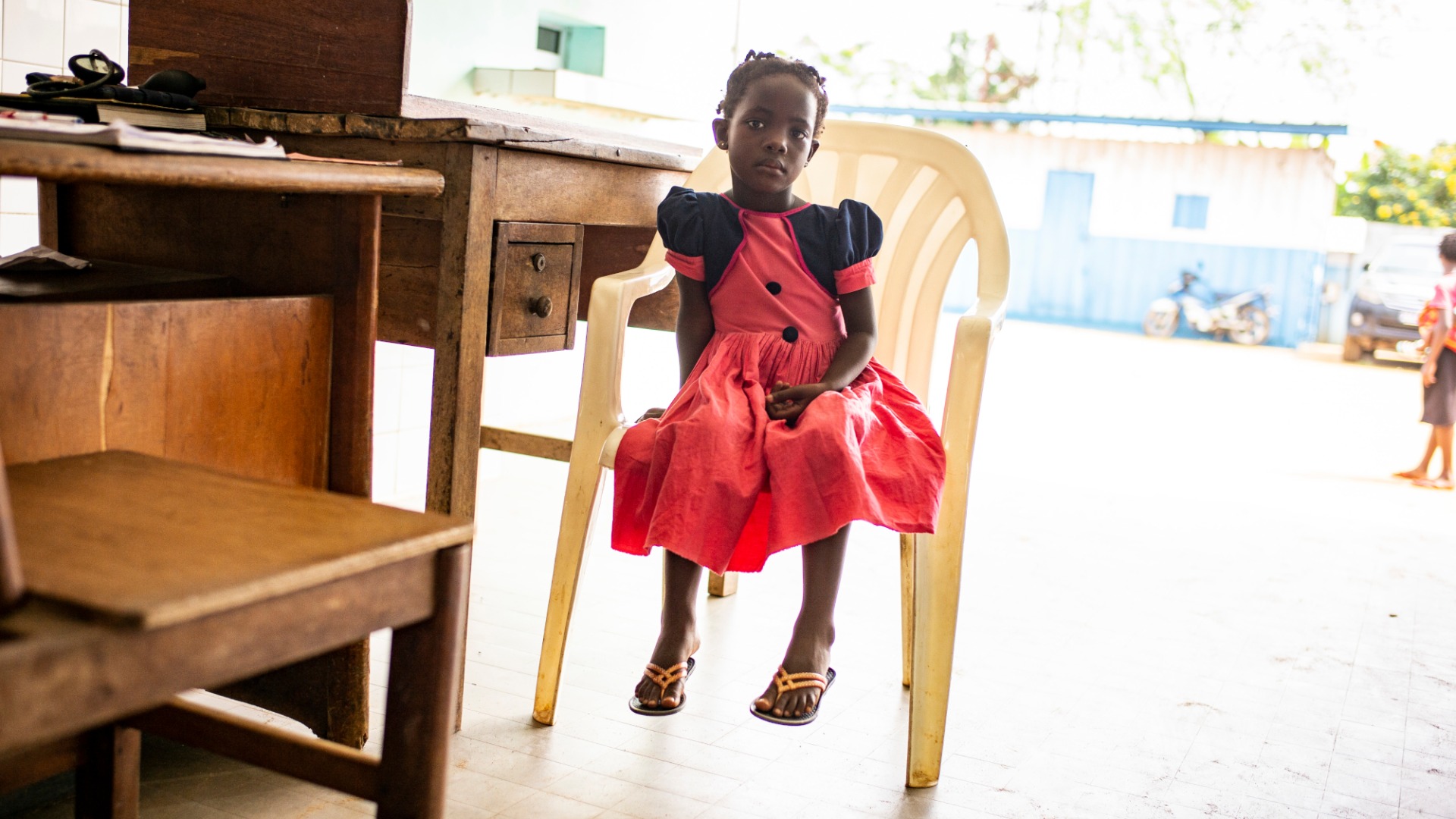
The Tchologo region records indicators of vulnerability, access to rights and basic social services, including maternal and child health and sexual and reproductive health for some of the country’s weakest women and adolescent girls. This vulnerability is exacerbated during crises and epidemics. Gender inequalities persist mainly due to socio-cultural constraints, which remain a major obstacle to the full realization of sexual and reproductive health rights and the effective exercise of the rights of women and adolescent girls. The latter are thus absent from decision-making frameworks (health and basic social services management committees, administrative and customary bodies), leading to the absence of their opinion on specific rights, needs and interests on issues directly affecting them.
192,000 people supported (62% women and adolescent girls) in 15 health areas in the Tchologo region of Côte d’Ivoire. This is a 5 year program (2021-2026) in partnership with Global Affairs Canada.
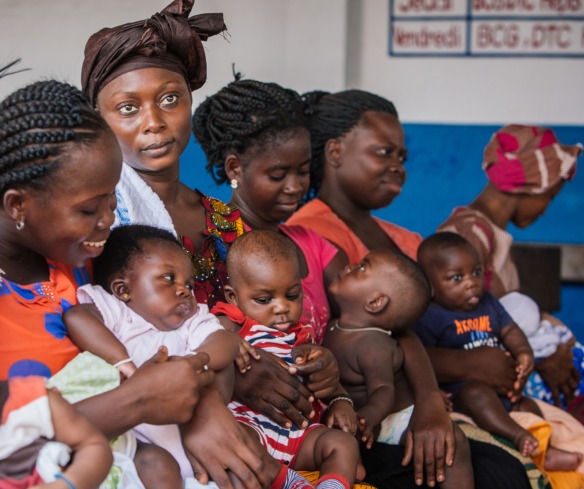
192,000 people supported (62% women and adolescent girls)
A gender-based analysis [MG1] conducted in July 2021 confirmed the extent of gender inequalities in the Tchologo region, which reflects the patriarchal system in place. Although women and adolescent girls have practical barriers to accessing sexual and reproductive health (SRH) care (lack of income, distance from services), the main gender constraints are cultural. Women, let alone adolescent girls, do not decide on their own whether or not to attend SRH services and very few of them have accurate information about family planning (FP) for example. There is a certain social modesty surrounding this issue. Nevertheless, some opportunities exist to discuss these issues with adolescent girls, especially if they are organized in “youth clubs”. In general, the whole community including men need more information about FP (respective advantages/disadvantages for each method) and other SRH related care. The project focuses on mobilizing men on this issue because their influence is very strong within the household itself on women’s and girls’ health issues.
In the domestic sphere, women have a leading role in water and sanitation management. She spends much of their time and effort providing the family with water, using it for various tasks such as laundry, meal preparation, washing dishes and keeping latrines clean. However, the role of women on management committees is still minor and often ambiguous. In many villages, they are generally in charge of the animation of cleaning chores (weeding, cleaning of the pump and the curb), the function of treasurer and that of vice-president.
Social organization is based on the principles of masculinity and seniority (social elder). Those who have power are men and the weight of their word will be all the greater the more advanced they are in age. Women are educated from an early age in obedience and submission to the male sex. The usual discussions of village public affairs effectively exclude women from the debate.
Girls and young women are social cadets of their parents and husbands. That is to say, they are tutored and under the authority of the latter. Multiple motherhood is always perceived as a source of wealth (agricultural labour) and virility for the head of the family. Women produce the family workforce, so they must not use contraceptive methods without their husband’s knowledge at the risk of being punished or even bullied.
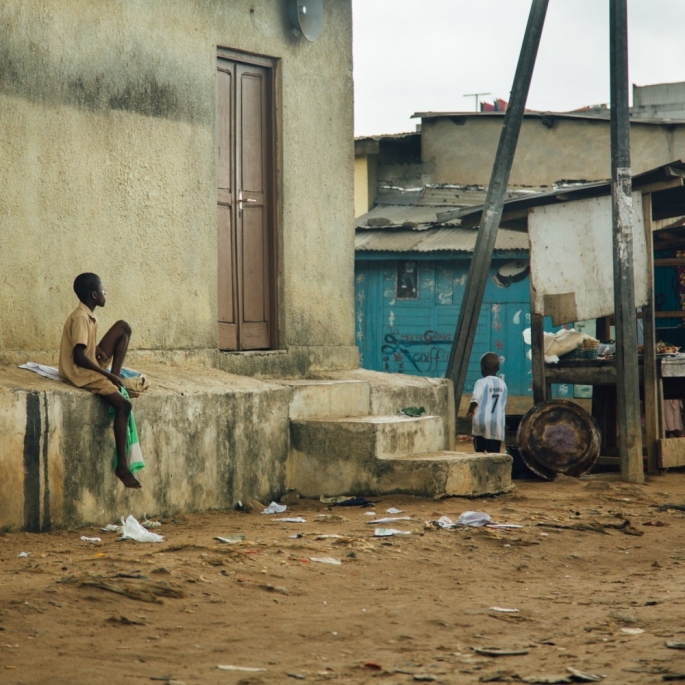
828 million people go to bed hungry every night and one in three children in low- and middle-income countries is chronically malnourished.
The project will directly benefit more than 192,000 people. This target is composed of 85,000 women, including 34,000 adolescent girls aged 15 to 24 (young adults) in vulnerable situations. The project will therefore reach 62% of women and adolescent girls directly.
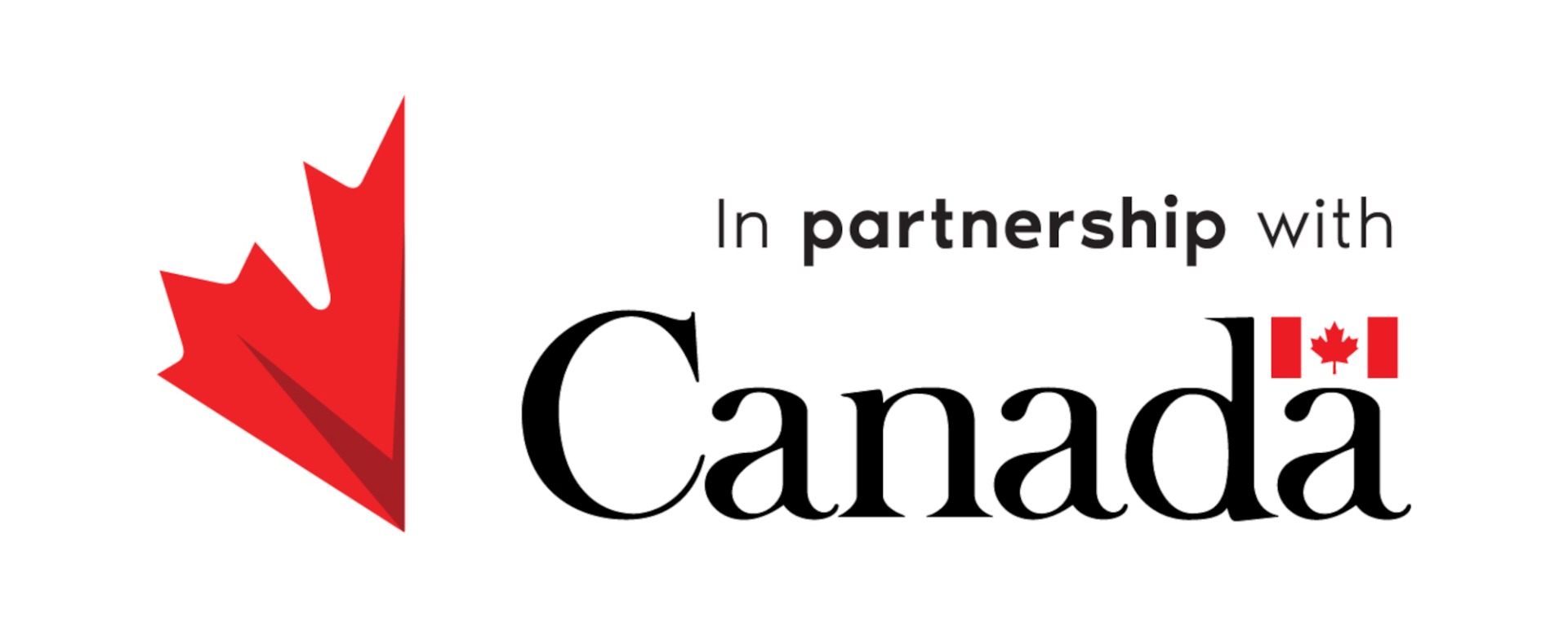 |
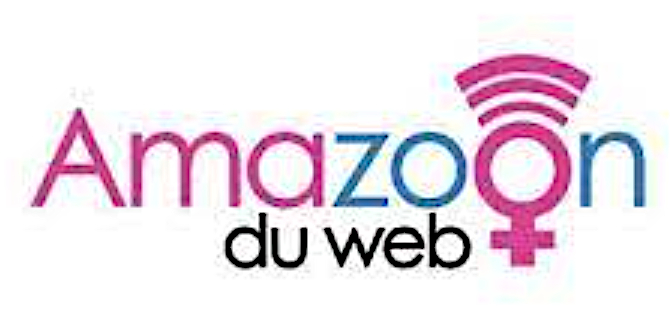 |
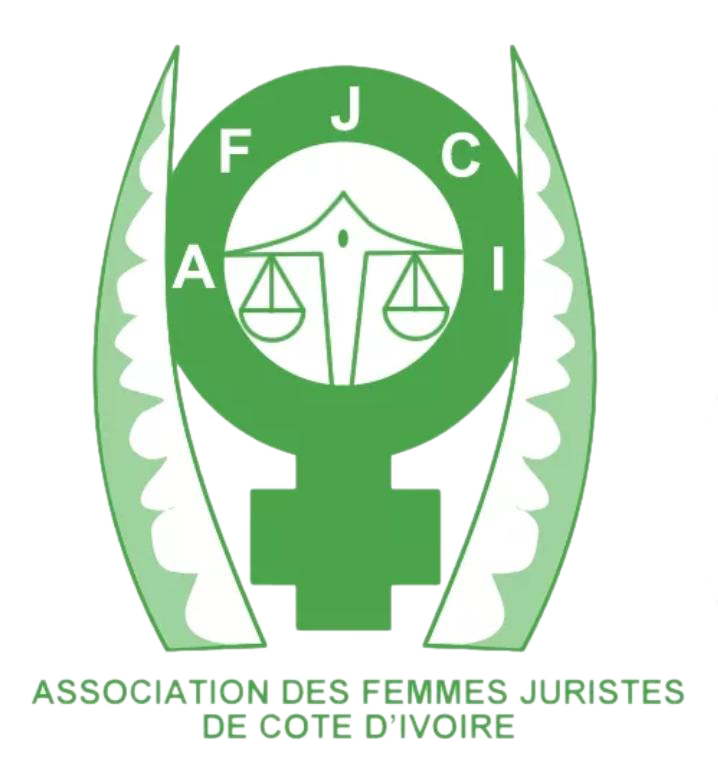 |
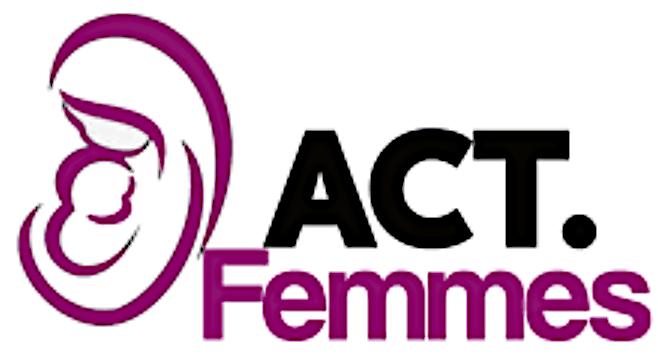 |
|---|